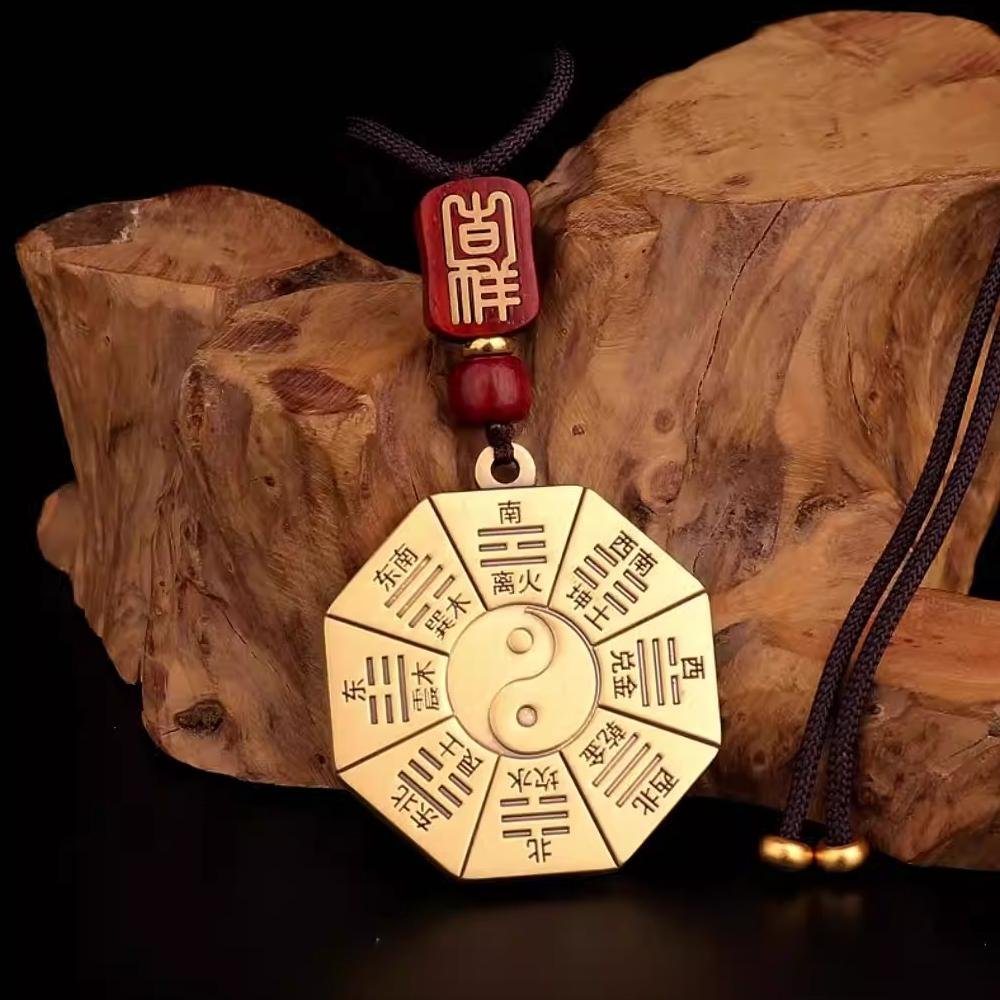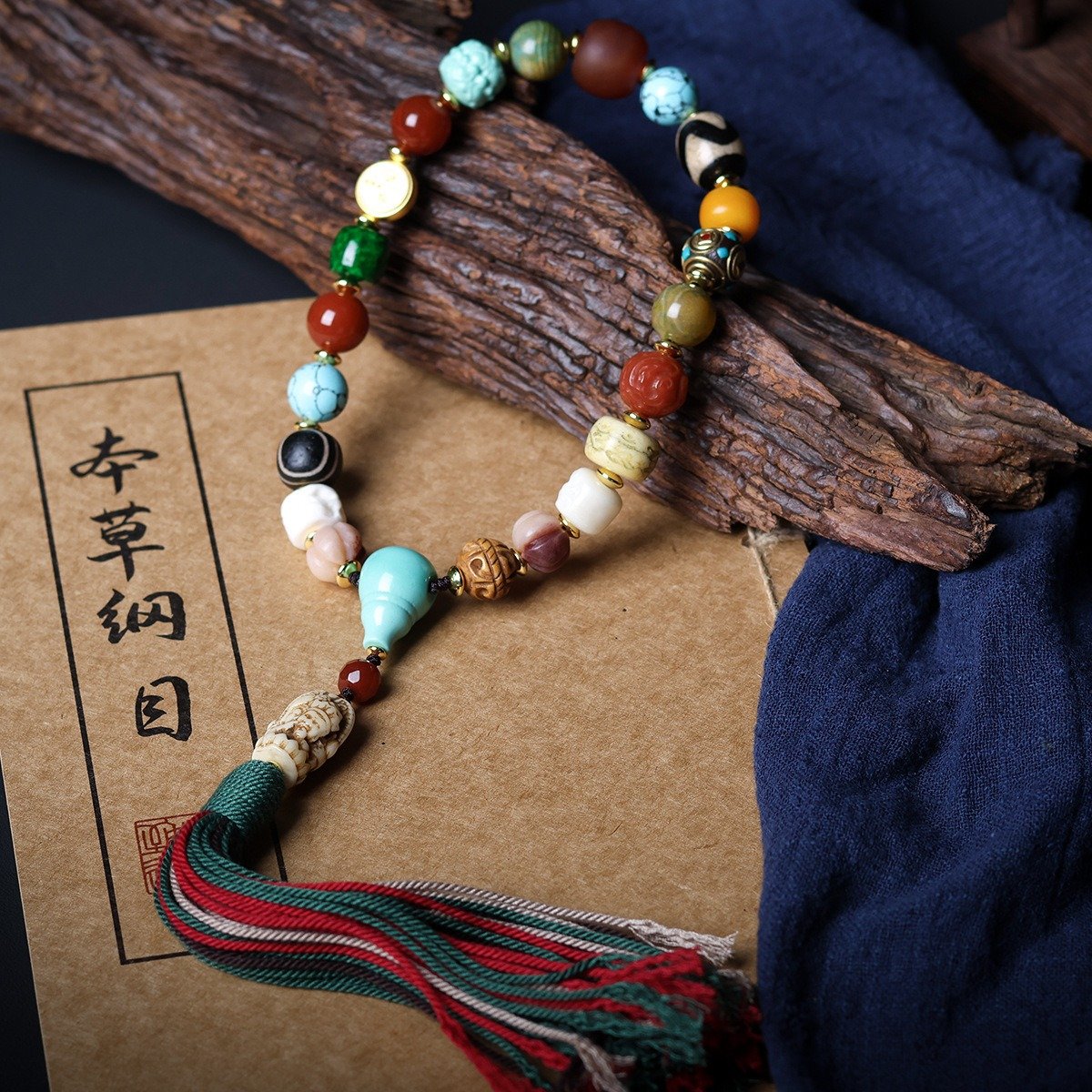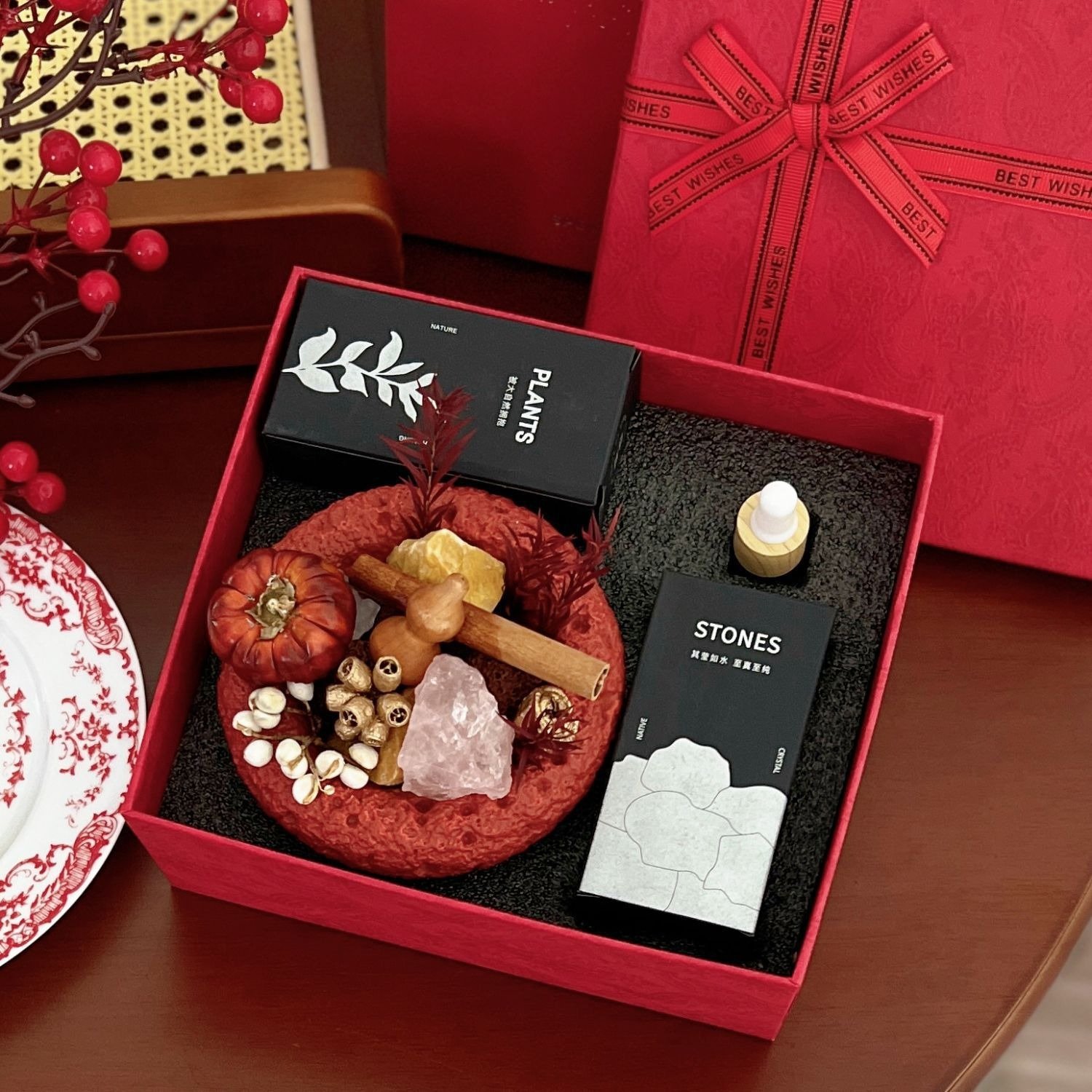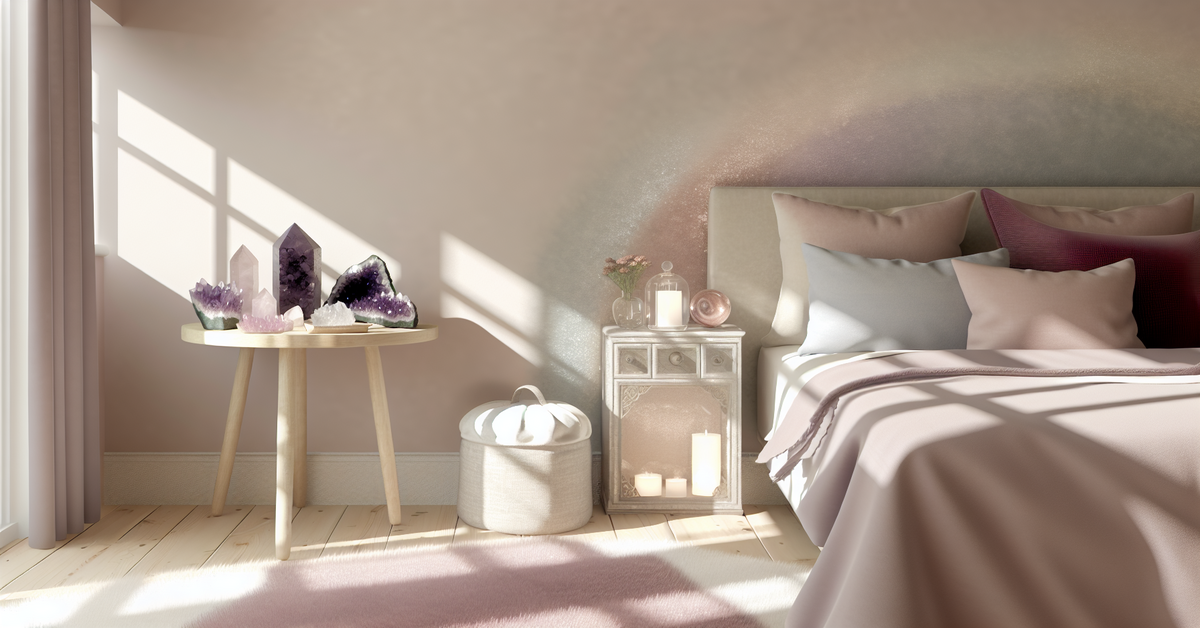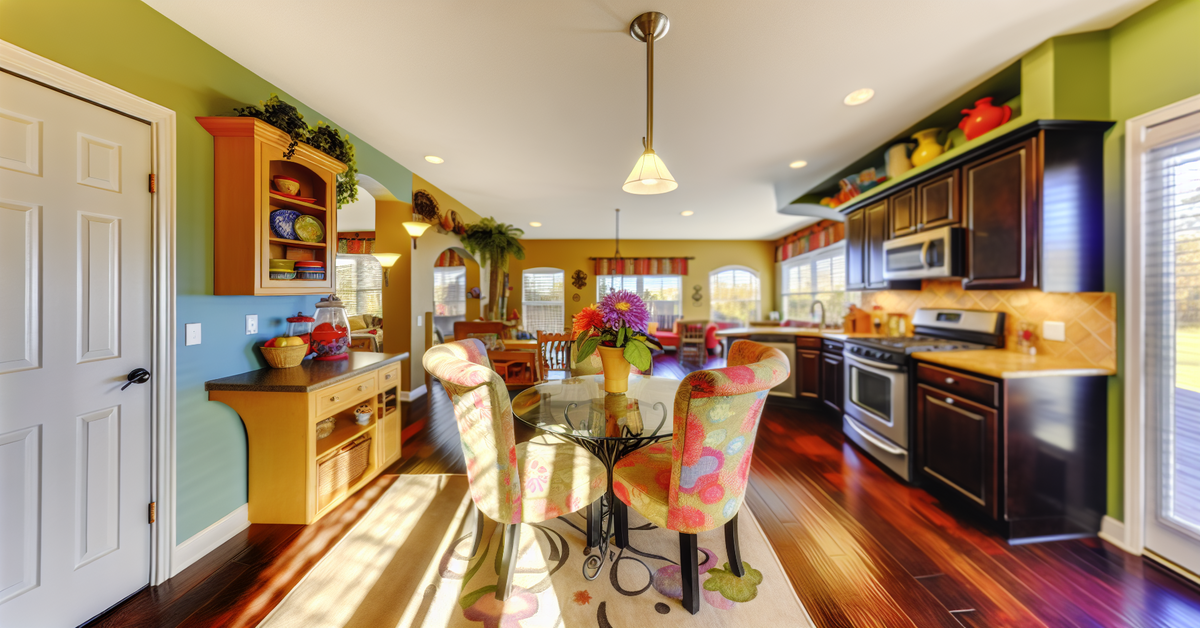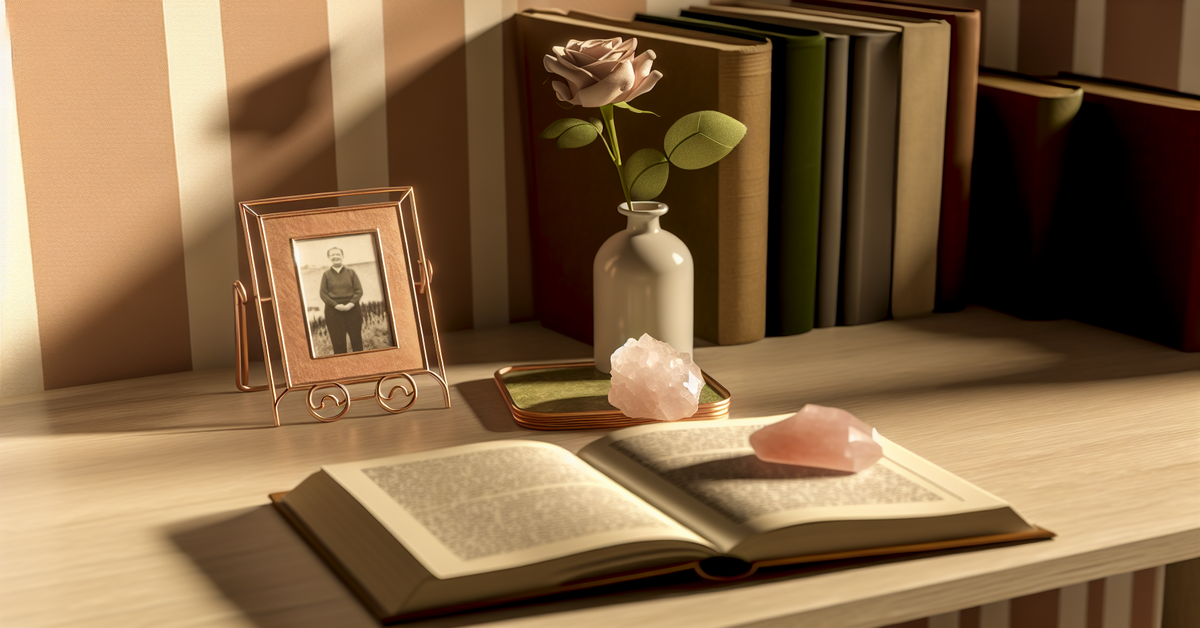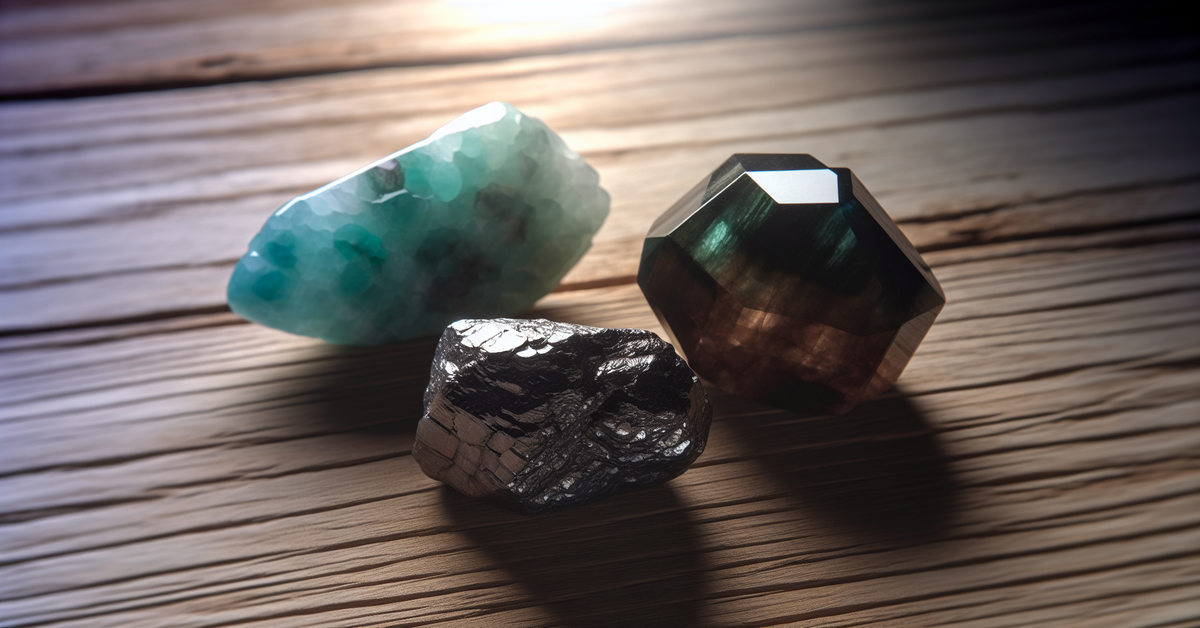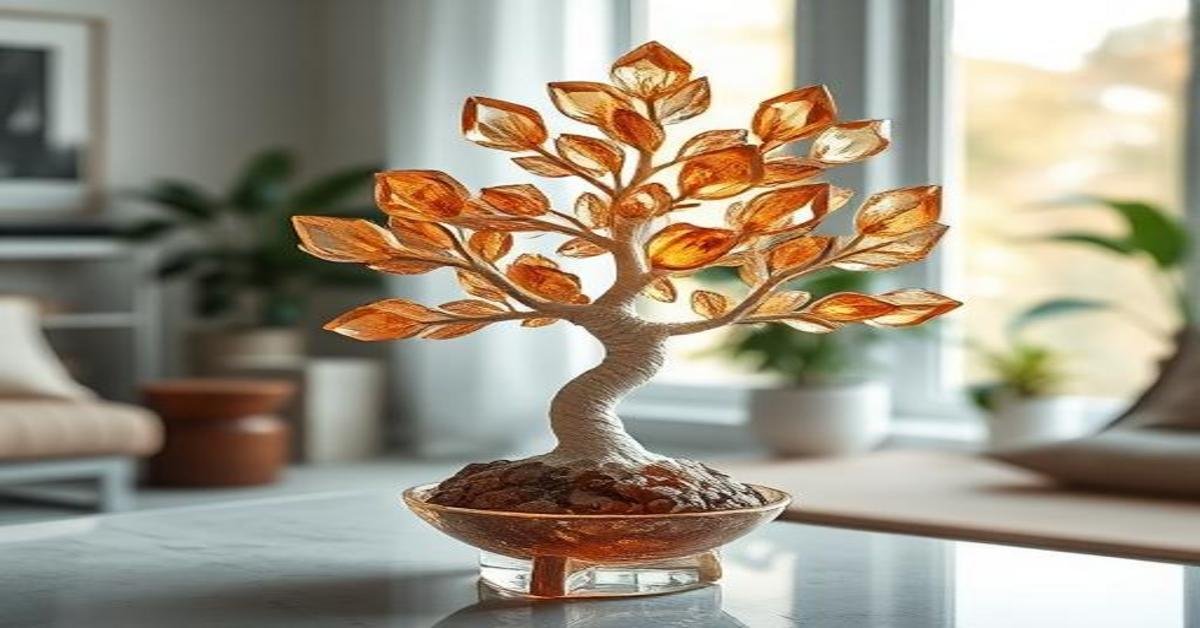How Feng Shui Can Support Mental Wellness
In the hustle of daily life, it’s easy to overlook how our surroundings subtly shape our inner world. Yet, the layout of a room, the placement of objects, and the energy they emit can have profound effects on our mental health. Feng Shui mental health practices offer a timeless yet powerful tool to realign both your environment and emotions, creating a home that nurtures peace, clarity, and wellbeing.
In this article, we’ll explore how Feng Shui can be a supportive ally in your mental wellness journey. With an empathetic and holistic approach, we’ll walk you through the essentials of room decluttering, optimizing energy flow, and using crystal healing for anxiety—all grounded in proven practices and modern life applications.
Understanding the Feng Shui–Mental Health Connection
Feng Shui, at its core, is about harmonizing your physical environment to support your emotional and spiritual health. When your home is in balance, it radiates stability, calm, and inspired energy. Conversely, a chaotic or poorly arranged space can subtly intensify anxiety and mental fatigue.
In Feng Shui, anxiety and stress are often seen as energy blockages—tensions that result from stagnant or misaligned Chi (life force energy). Correcting these imbalances can help lift mental fog, ease tension, and invite more serenity into your daily routine.
The Energy Blueprint of a Balanced Mind
Our minds respond deeply to energy signals. A cluttered corner, harsh lighting, or even the misplacement of furniture can create subtle stress triggers. Feng Shui principles suggest that by managing flow (or Chi) cleverly, you can create a healthier dialog between your home and your psyche.
By tuning into your environment with intention, you’re not just redesigning a room—you’re rewiring your relationship with mental space and emotional safety.
Step 1: Start with Decluttering—A Therapeutic Act in Itself
One of the quickest ways to invite clarity and emotional comfort is to declutter. Though it may seem like a tedious chore, in Feng Shui, decluttering isn’t just about removing “stuff”—it’s about releasing stagnant energy that keeps you tethered to the past or mental overwhelm.
- Begin with a single space: A desk, a nightstand, or your entryway. Make it a meaningful ritual, not a stressful task.
- Be mindful of emotional attachment: Honor objects that carry meaning, and part ways with those that no longer support your growth.
- Keep pathways clear: In Feng Shui, this promotes free-flowing Chi, which directly ties to mental flexibility and emotional openness.
Decluttering is more than aesthetics—it’s a mental cleanse. Think of it as a small step with big energetic rewards for your emotional wellbeing.
Step 2: Adjust the Flow to Support Calmness and Focus
Once clutter is under control, it’s time to examine the flow of your space. The way furniture is arranged, the direction you sleep or work in, and even the function of each room all affect the quality of your energy—and by extension, your emotions.
In the art of Feng Shui, home energy balance is achieved when energy can move gently, without abrupt corners, clutter-piles, or sharp lines that “cut” the Chi. Here’s how to make practical adjustments to encourage a sense of ease:
- Ensure open passageways: Walk through your home and look for furniture that blocks entrances or walkways. Move them if they interrupt natural flow.
- Embrace the command position: Place key furniture like your bed and desk so that you face the door without being directly in line with it. This is a subtle way to feel secure and in control—valuable mental wellness benefits.
- Balance elements: Pay attention to the five elements—wood, fire, earth, metal, and water—and ensure they are represented in a way that resonates with your personal energy. For instance, water elements (like a small fountain) can promote calm, while earth tones stabilize emotions.
These shifts can start small and grow over time, with each adjustment deepening your sense of wellbeing and grounding.
Step 3: Crystal Healing for Anxiety—Nature’s Energetic Allies
Incorporating crystals into your space is more than a decorative choice—it’s an energetic commitment. Crystals are natural conduits of stable, resonant vibrational energy. When placed with intention, they amplify balance and ease emotional turbulence.
Here are some of the most supportive stones for anxiety and emotional healing, along with practical Feng Shui tips for placement:
- Amethyst: Known for its calming and spiritual properties, amethyst is excellent for bedrooms and meditation spaces. Place it near your bed or on a bedside table to encourage restful sleep and reduce nighttime anxiety.
- Black Tourmaline: A grounding stone that absorbs negative energy. Position it near entrances or workstations to block EMFs and mental restlessness.
- Rose Quartz: The ultimate stone of self-love and emotional healing. Position in your relationship corner (the far right corner from the entrance of a room) to nourish the heart and ease feelings of loneliness or overwhelm.
- Lepidolite: Contains natural lithium, often used to help with mood regulation. Keep a small piece near your workspace or carry it with you during stressful days.
Using crystal healing for anxiety together with Feng Shui not only enriches your space energetically, but also empowers you with tools for emotional self-care.
Creating a Sanctuary that Listens
What makes Feng Shui mental health methods so effective is their mindfulness. You’re not just creating a beautiful home—you’re creating a sanctuary that listens to your needs, responds with care, and invites your energy to settle into alignment.
Your mental wellness does not exist in isolation from your physical space. They are part of a fluid, living ecosystem. When you adjust one, the other naturally begins to balance too.
And remember—there’s no “right” way to begin. Whether you start with rearranging a chair, decluttering a drawer, or investing in a calming rose quartz tower, each action is a step toward a more serene, grounded you.
Final Thoughts—Inviting Peace Through Everyday Choices
In a time where mental health is in the spotlight more than ever, it’s crucial to explore every avenue of support, including those rooted in ancient wisdom. Home energy balance through Feng Shui is not a quick fix—but rather a way to cultivate peaceful rhythms in your daily life.
Small, mindful shifts in your surroundings can become the fertile ground for emotional healing. Let your home become your partner in wellness, and trust in the healing synergy of intention, energy flow, and the quiet, radiant support of crystals.
At Fortucharm, we believe your space should nourish you. That’s why we’re dedicated to offering tools and guidance to bring harmony to your home and peace to your heart. May each room of your home reflect the serenity you seek within.

